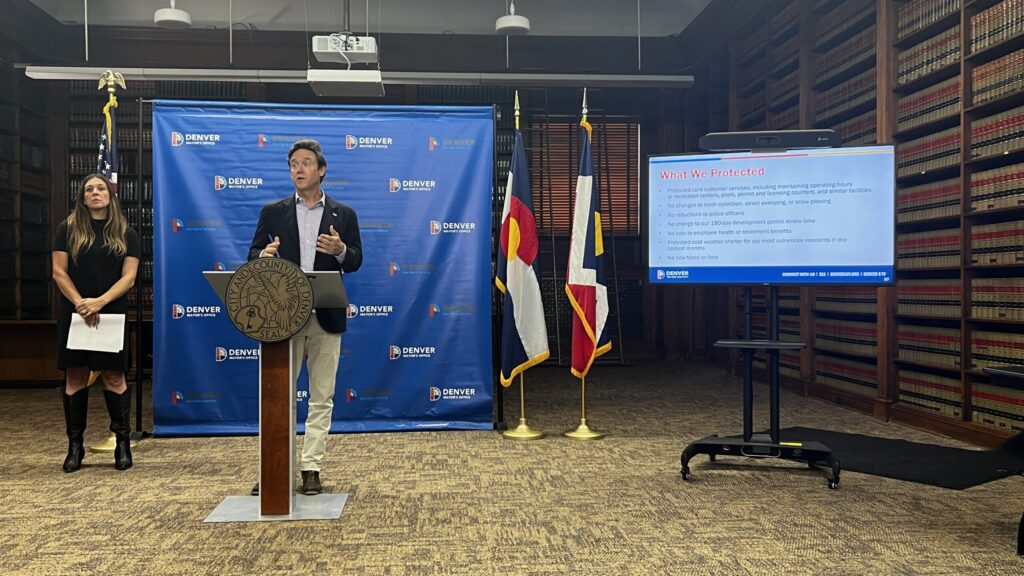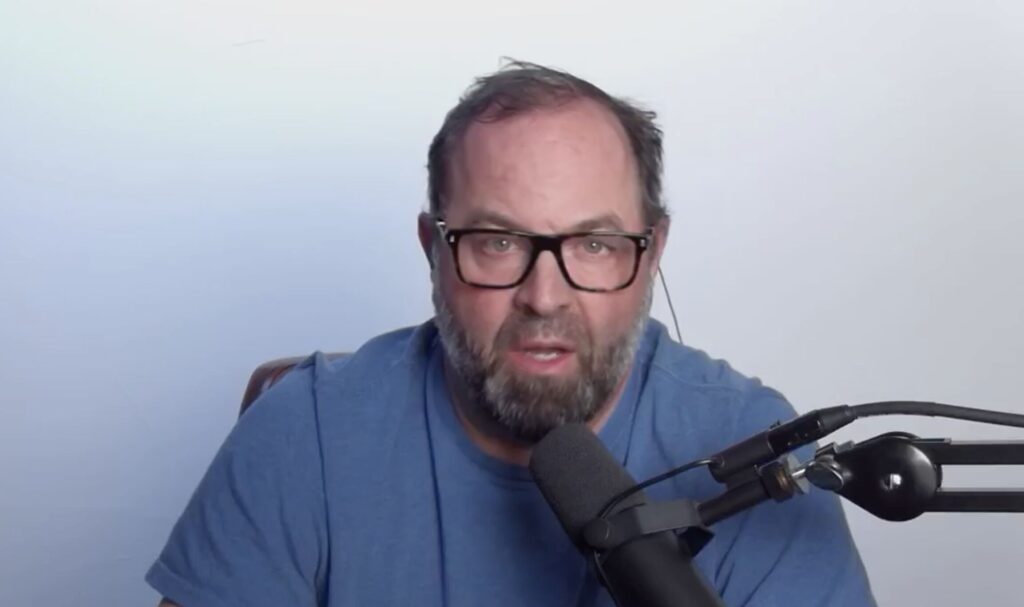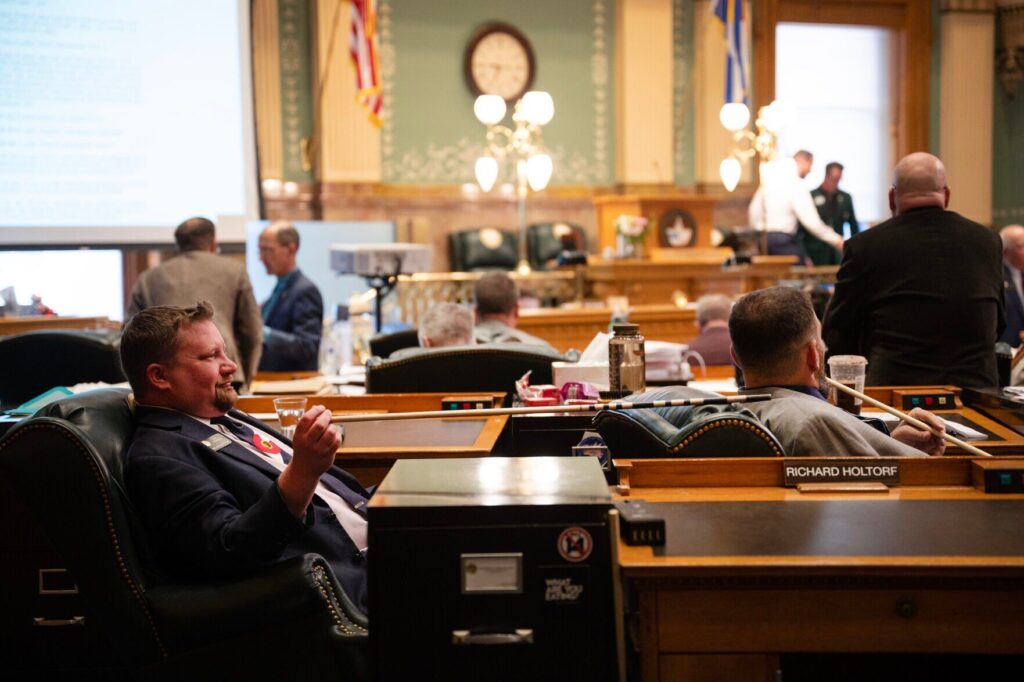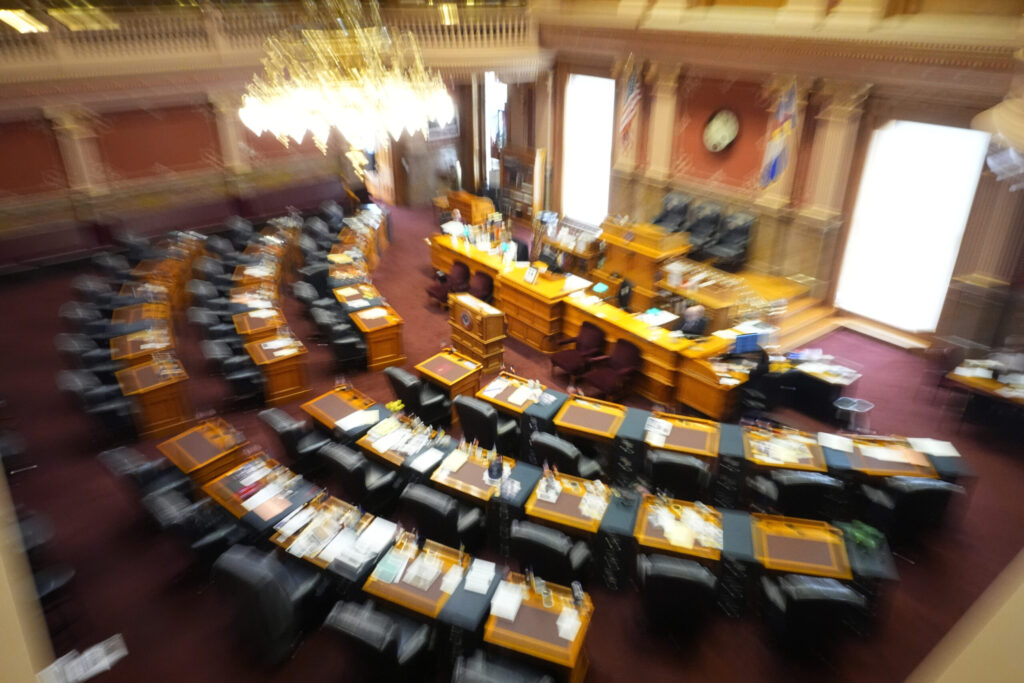Rep. J. Paul Brown: Herd the budget, corral Medicaid
If your local school is failing, Obamacare is the root problem. That’s the analysis of Rep. J. Paul Brown. The Republican from Ignacio connected those dots in a Durango Herald op-ed this week.
He spells out the challenges for the state budget, schools, roads and refunds guaranteed by the state constitution.
Obamcare is the reason enrollment swelled in Medicaid, the safety-net program that assures health care for people of few means.
The Colorado Health Institute summed up the dilemma in a May report:
Colorado’s Medicaid expansion, which began in January 2014, was larger – and costlier – than almost anyone anticipated. And attention is now turning to the state’s long-term costs as Colorado prepares to begin picking up some of the Medicaid expansion tab from the federal government.
So far, the federal government has been covering all of the costs for newly eligible Medicaid clients. But it will gradually reduce its contribution beginning next year. By 2020, the ongoing federal payment rate will be 90 percent.
The Colorado Health Institute (CHI) estimates that Colorado will be spending $222 million annually for Medicaid expansion by 2020 – its 10 percent share for the newly eligible Medicaid clients as well as its 50 percent share for “welcome mat” clients, those who were already eligible but didn’t enroll until the expansion began.
Brown won’t be back in the legislature when it swears in members on Jan. 11. He lost his re-election in a close race to Barbara McLachlan in November by what my colleague and Western Slope insider Peter Marcus said was the House’s most targeted race.
The sheep rancher Ignacio told Marcus later in November that he might run for governor.
The $222 million the state might have to put into Medicaid in four years compares to $201.9 million the state allots for transportation this year. For next year Gov. John Hickenlooper is requesting $107.4 million, to help bridge a budget gap. He has requested a 2.6 percent increase for K-12 education to $162.6 million.
Brown concludes:
Not being discussed and the only long-term solution to a sustained budget is the need to repeal or modify the expansion of Medicaid. This is critical for funding K-12 education and other departments. The Democrats passed the expansion in 2013 with no plan to pay for it. School Districts beware.











